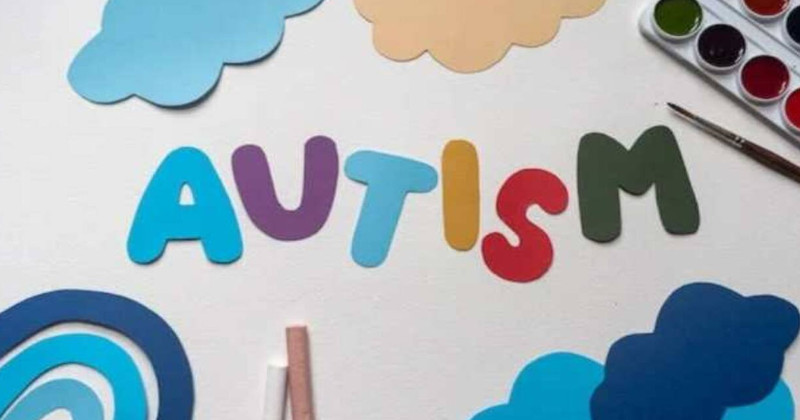In marriages, conflict is unavoidable. When it explodes in families with children, worried or furious parents may project their anger or withdraw emotionally or physically from their children. In the worst-case situation, children’s socio-emotional development may suffer. According to a recent study by researchers at the University of Illinois Urbana-Champaign, how parents, particularly men, deal with marital problems can have an impact on their children.
“In the past, marital conflict has always been considered a negative thing in reference to various aspects of child development. But what’s more important than having conflict is how people deal with it. Our study looked at whether constructive conflict resolution could buffer some of the negative influence of marital conflict on parenting practices,” said lead author Qiujie Gong, a doctoral student in the Department of Human Development and Family Studies (HDFS) in the College of Agricultural, Consumer and Environmental Sciences at Illinois.
Some studies have shown that father-child relationships may be more impacted by conflict than mother-child relationships and can lead to negative development for kids. That’s why the authors chose to focus on fathers in their study.
“We wanted to pay more attention to fathers, because while mothers have always been considered the main caregiver, fathers can also significantly influence children’s development,” Qiujie Gong said.
The authors, including HDFS professors Karen Kramer and Kelly Tu, accessed a longitudinal dataset from the U.S. Department of Education tracing children’s experiences from 9 months to kindergarten. Recognising the importance of the preschool years for learning socio-emotional skills, they analysed the subset of data for families with 4-year-olds and, controlling for mother’s parenting styles, honed in on fathers’ responses to survey questions about marital conflict and resolution strategies. Building links in a chain, they connected fathers’ reports of conflict to their parenting practices, then to the socio-emotional impacts of those practices on children.
“Beyond looking separately at mothers, fathers, and conflict, as previous studies have done, we put it all together in one model, not only to see the family as an interconnected system but also to not forget the father: How his perceptions of conflict and approaches to resolution affect child socio-emotional development,” said Kramer. “That’s the uniqueness of this study.”
Analysing a diverse sample of 3,955 heterosexual families with resident fathers, the authors found when fathers reported more frequent marital conflict, it increased their parenting stress and decreased their warmth toward their child. According to the analysis, those factors then decreased the child’s socio-emotional skills reported by mothers in the surveys.
Gong emphasises preschool-age children are at a crucial stage for developing socio-emotional skills. These early experiences set the stage for later peer relationships, mental health, and more, so parents of small children should consider how their interactions may spill over to their kids, she says.
Next, Gong factored in how fathers resolved conflict.
“We found fathers who reported using more constructive conflict resolution – like open communication and reaching compromise, as opposed to hitting, criticising, or throwing things – showed more involvement and warmth toward their kids, compared to their counterparts,” she said.
Not surprisingly, children benefited from these warmer interactions with their dads.
“Fathers using constructive conflict resolution led to more parental involvement, which led to more positive child development,” Kramer said. “Destructive conflict has the opposite effect on kids.”
In the end, Gong says parents shouldn’t shy away from conflict. Instead, what’s more important is to find constructive resolution strategies that minimize stress and maintain a father’s ability to interact warmly with his children.
“If we could have more clinical or educational programs that teach parents how to openly communicate with each other, how to listen to each other, and maintain good relationships with family members, it might be effective in promoting healthier family and child development,” Gong said. “It’s also important to not only consider the amount of parenting, but the quality of parenting. Even if fathers have a lot of involvement, if their warmth is super low, that might not be beneficial for the child.”
Kramer adds that although the study focused exclusively on married couples, fathers in other family arrangements can still learn from the study.
“These lessons don’t only apply to married couples. In fact, I would say they are even more important when you are not living together, or you’re separated or divorced,” she said. “You might have even more conflict in those cases, so the process of solving it might be even more important to the development of the child.”
(with inputs from ANI)




















Comments